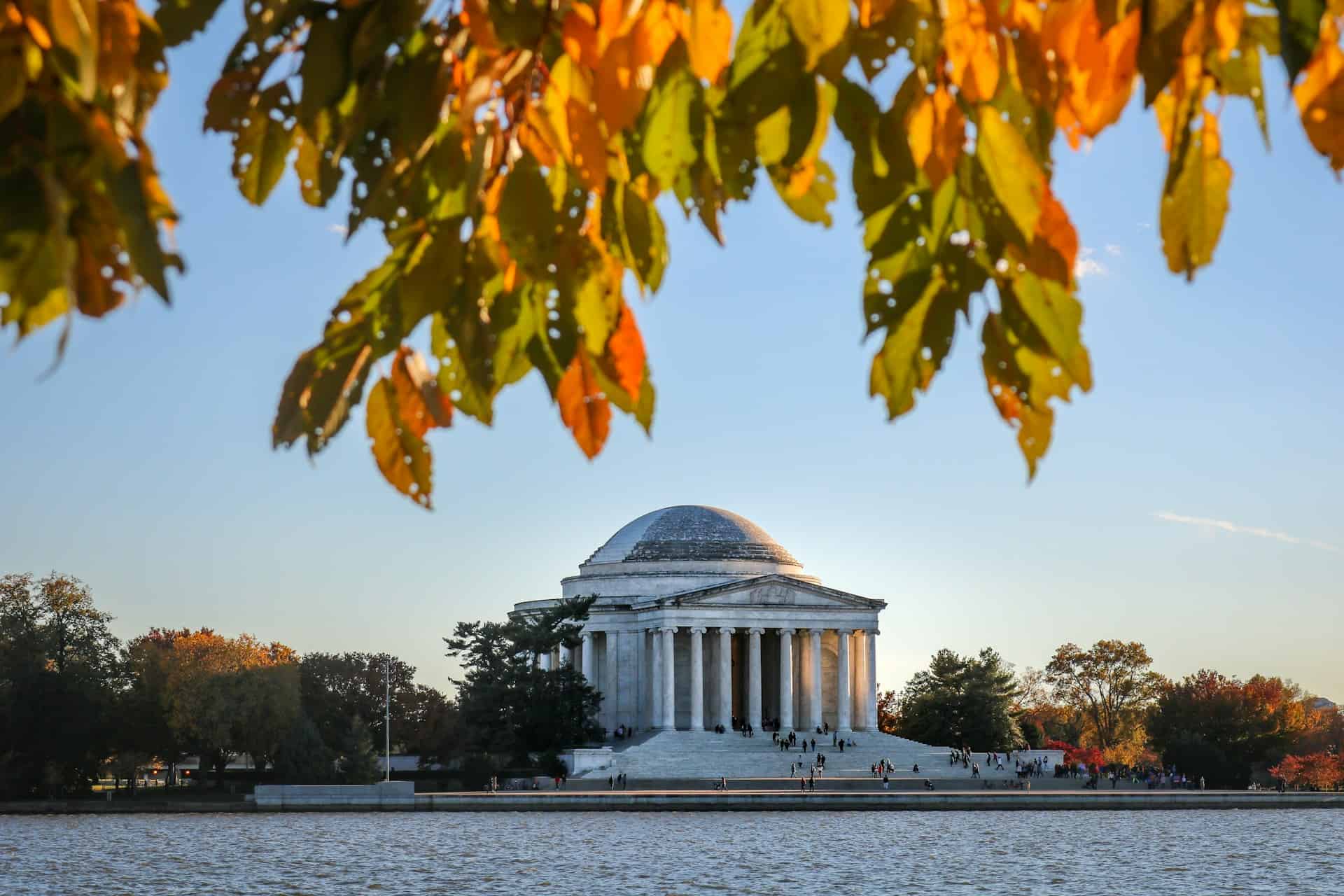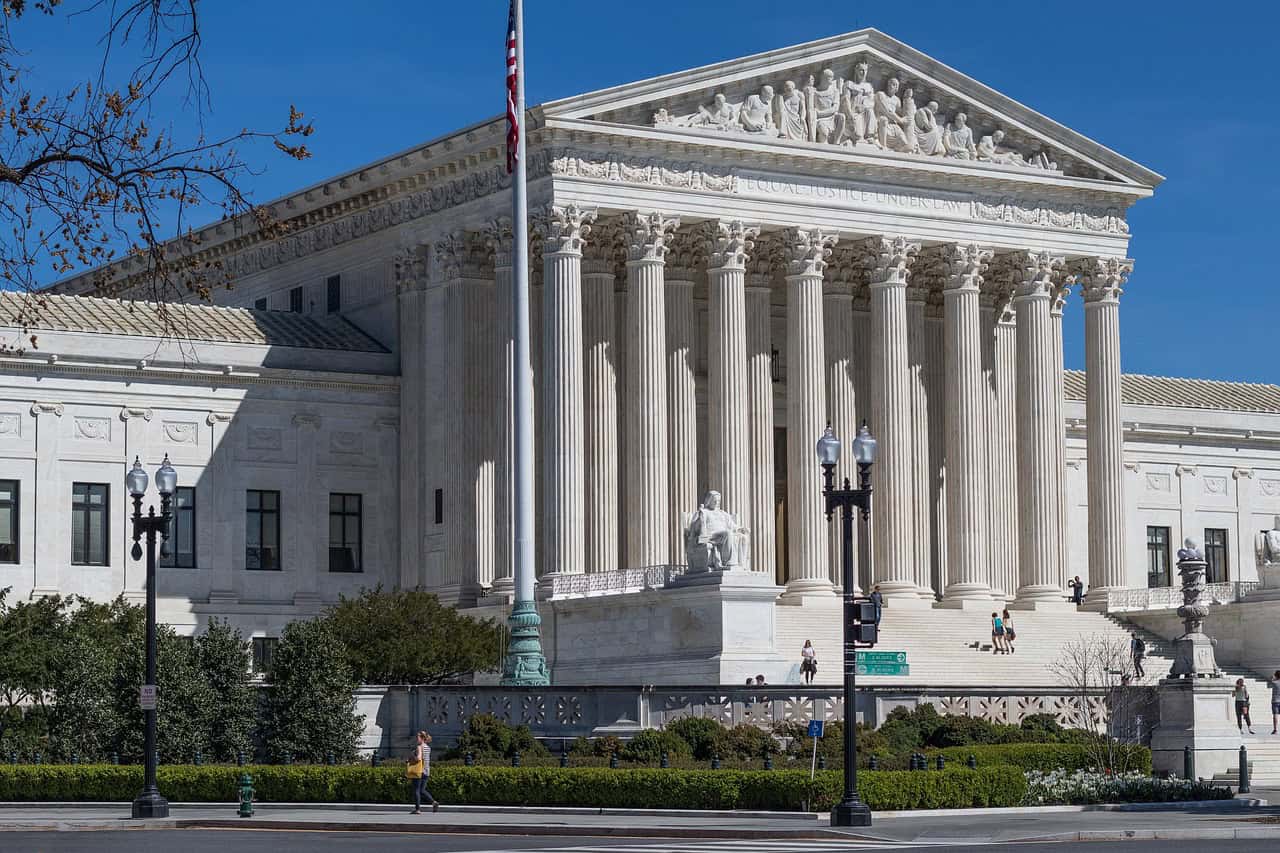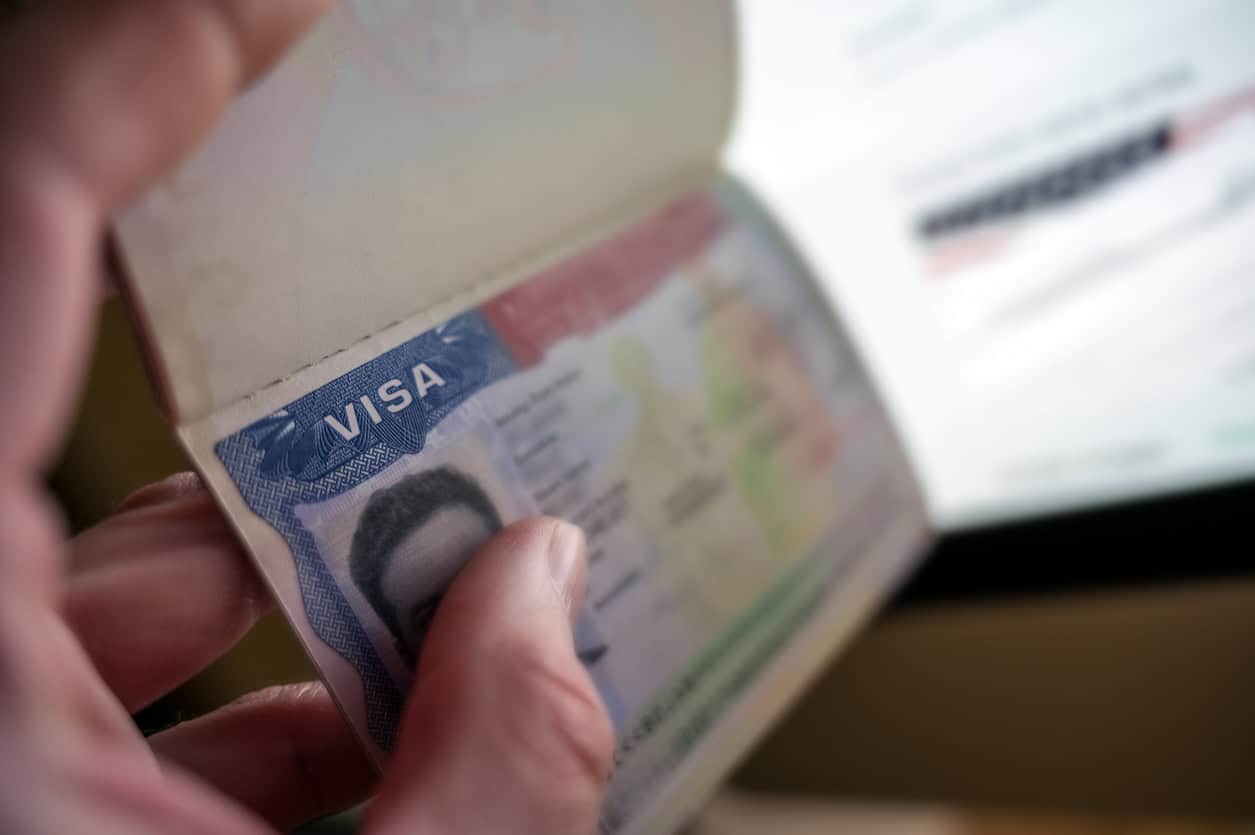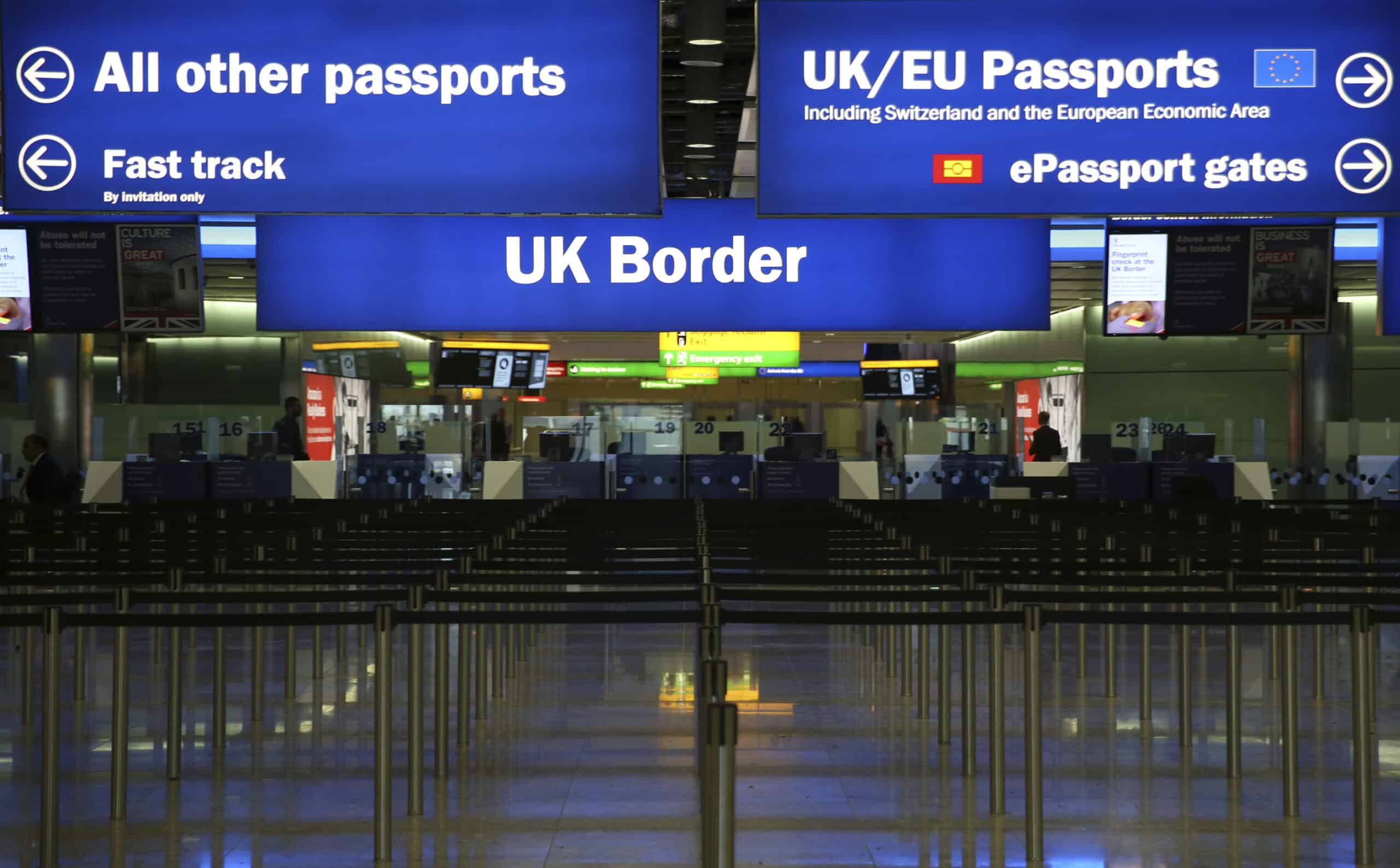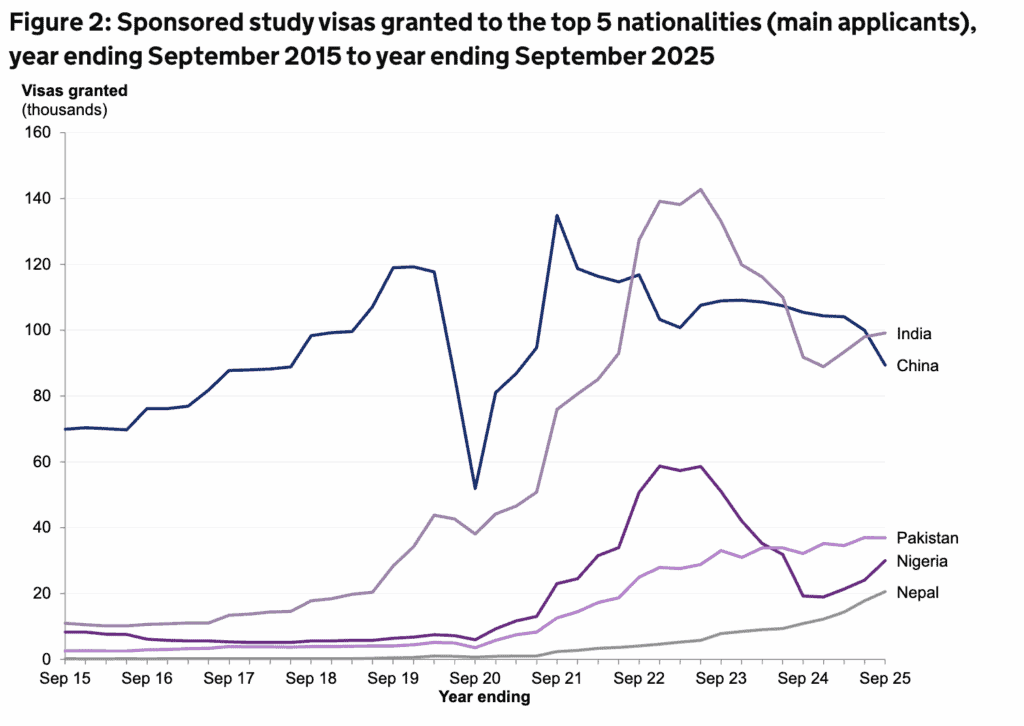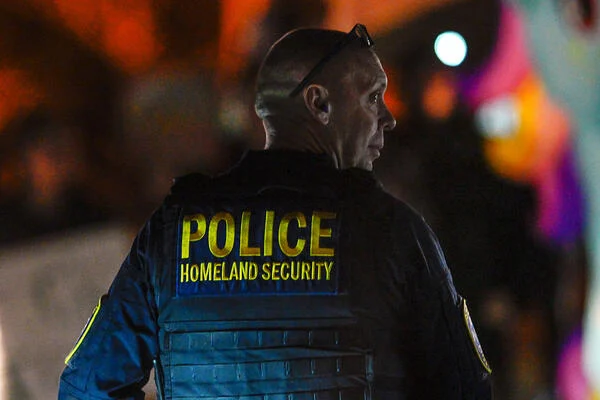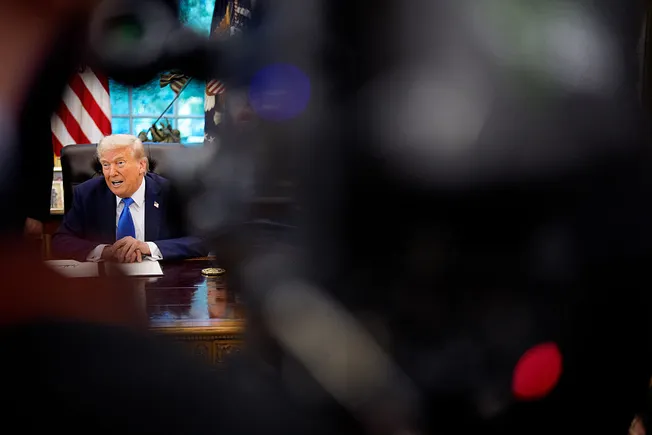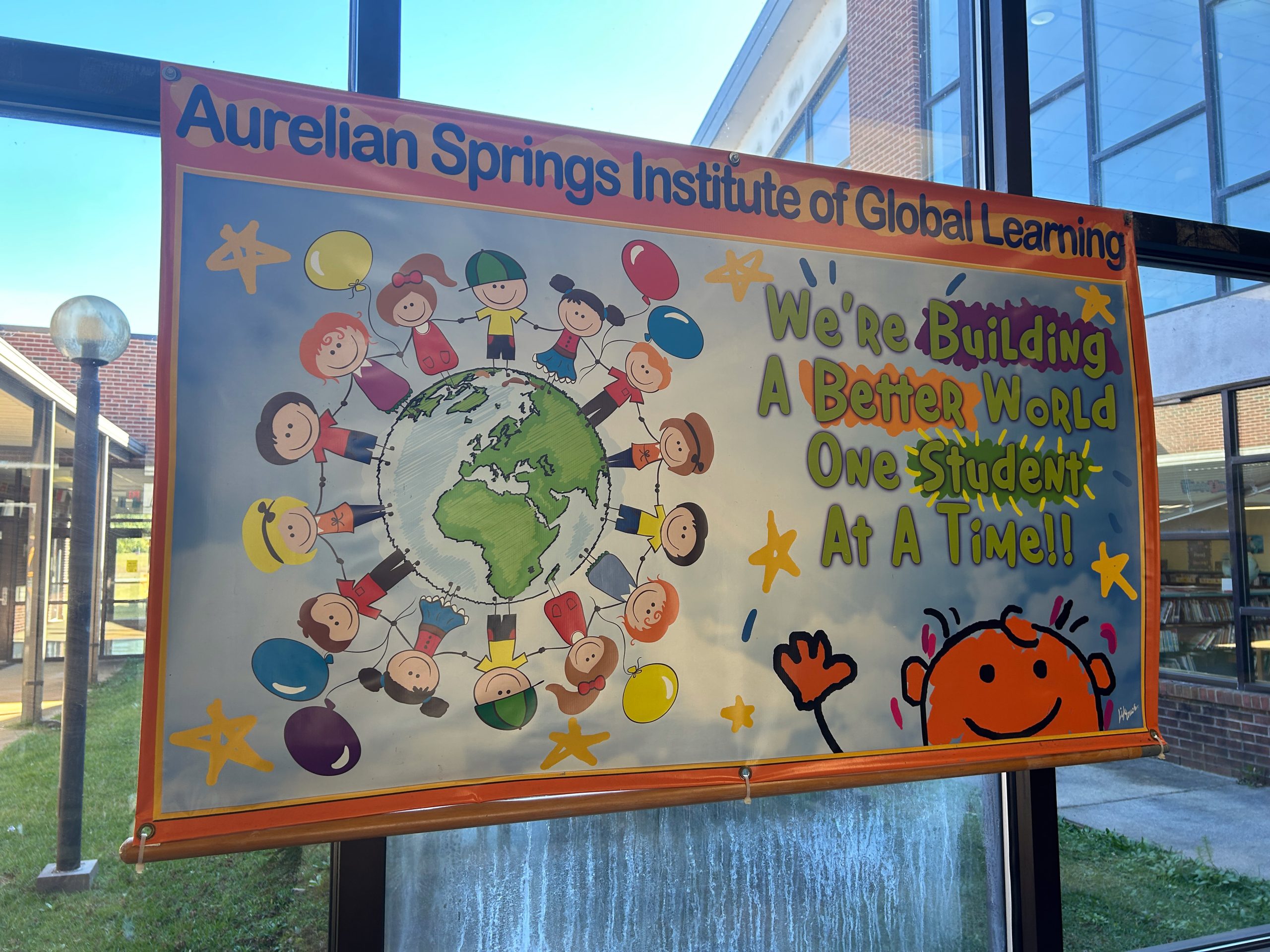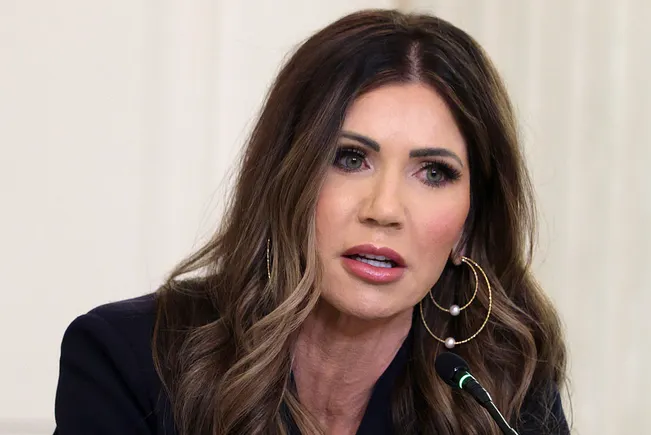by Ariel Gilreath, The Hechinger Report
November 7, 2025
HALIFAX COUNTY, N.C. — When Ivy McFarland first traveled from her native Honduras to teach elementary Spanish in North Carolina, she spent a week in Chapel Hill for orientation. By the end of that week, McFarland realized the college town on the outskirts of Raleigh was nowhere near where she’d actually be teaching.
On the car ride to her school district, the city faded into the suburbs. Those suburbs turned into farmland. The farmland stretched into more farmland, until, two hours later, she made it to her new home in rural Halifax County.
“I was like, ‘Oh my God, this is far,’” McFarland said. “It was shocking when I got here, and then I felt like I wanted to go back home.”
Nine years later, she’s come to think of Halifax County as home.
In this stretch of rural North Carolina, teachers hail from around the globe: Jamaica, the Philippines, Honduras, Guyana. Of the 17 teachers who work at Everetts Elementary School in the Halifax County school district, two are from the United States.
In this rural school district surrounded by rural school districts, recruiting teachers has become a nearly impossible task. With few educators applying for jobs, schools like Everetts Elementary have relied on international teachers to fill the void. Districtwide, 101 of 156 educators are international.
“We’ve tried recruiting locally, and it just has not worked for us,” said Carolyn Mitchell, executive director of human resources in the eastern North Carolina district of about 2,100 students. “Halifax is a rural area, and a lot of people just don’t want to work in rural areas. If they’re not people who are from here and want to return, it’s challenging.”
Around the country, many rural schools are contending with a shortage of teacher applicants that has ballooned into a crisis in recent years. Fewer students are enrolling in teacher training programs, leading to a shrinking pipeline that’s made filling vacancies one of the most challenging problems for school leaders to solve in districts with smaller tax bases and fewer resources than their suburban and urban peers. In certain grade levels and subject areas — like math and special education positions — the challenge is particularly acute. Now, some of the levers rural schools have used to boost their teacher recruitment efforts are also disappearing.
This spring, the federal Department of Education eliminated teacher residency and training grants for rural schools. In September, President Donald Trump announced a $100,000 fee on new H-1B visa applications — visas hundreds of schools like Everetts Elementary use to hire international teachers for hard-to-staff positions — saying industries were using the visas to replace American workers with “lower-paid, lower-skilled labor.” A lawsuit filed by a coalition of education, union, nonprofit and other groups is challenging the fee, citing teacher shortages. Rural schools are also bracing for more cuts to federal funding next year.
“We’re not only talking about a recruitment and retention problem. We’re talking about the collapse of the rural teacher workforce,” said Melissa Sadorf, executive director of the National Rural Education Association.
Related: Become a lifelong learner. Subscribe to our free weekly newsletter featuring the most important stories in education.
Most of Halifax’s international teachers arrive on H-1B visas, which allow them to work in the U.S. for about five years with the possibility of a green card at the end of that period. About one-third of the district’s international teachers have J-1 visas, which let them work in the country for three years with the possibility of renewing it for two more. At the end of those five years, educators on J-1 visas are required to return to their home countries.
A few years ago, Halifax County Schools decided to shift from hiring teachers on J-1 visas in favor of H-1B, hoping it would reduce teacher turnover and keep educators in their classrooms for longer. The results have been mixed, Mitchell said, because within a few years, some of their teachers ended up transferring to bigger, higher-paying districts anyway.
There are trade-offs for the teachers, too. Mishcah Knight came to the U.S. from Jamaica both to expand her skills and increase her pay as an educator. In the rural North Carolina county, finding transportation has been the biggest challenge for Knight, who teaches second grade.
She lacks a credit history needed to buy a car, leaving her reliant on carpooling to work. A single taxi driver serves the area, which doesn’t have public transit, Uber or Lyft. “Sometimes, he’s in Virginia,” Knight said. “It’s lucky when we actually get him to take us somewhere.”
Being away from family also takes its toll on teachers. Nar Bell Dizon, who has taught music at Everetts Elementary since 2023, had to leave his wife and son back home in the Philippines. He visits in the summer, but during the school year, he sees them only through video calls.
“This is what life is — not everything is smooth,” Dizon said. “There will always be struggles and sacrifices.”
Dizon’s first year in Everetts Elementary School was hard — it took time adapting to a different teaching style and classroom management. Now that he’s in his third year, he feels like he’s gotten his feet beneath him.
“When you can build a rapport with your students, things become easier,” Dizon said.
When her international teachers are able to stay for longer, the students perform better, said Chastity Kinsey, principal of Everetts Elementary. “I know the benefit the teachers bring to the classroom,” Kinsey said. “After the first year or two, they normally take off like rock stars.”
Related: Trump’s cuts to teacher training leave rural school districts, aspiring educators in the lurch
Trump’s new fee does not address any of the challenges the Halifax district had with the H-1B visa, and it effectively slams the door on future hires. Now, the district will have to rely on J-1 visas to recruit new international teachers, meaning the educators will have to leave just as they’ve acclimated to their classrooms.
“We just can’t afford to,” Mitchell said of paying the $100,000 fee. Other districts, she said, might turn to waivers allowing them to increase class sizes and hire fewer teachers, among other strategies.
Since the applicant pool began drying up about a decade ago, the make-up of the district’s teaching staff has slowly shifted to international teachers.
At the heart of the problem is that when a position opens up, few, if any, citizens apply, said Katina Lynch, principal of Aurelian Springs Institute of Global Learning, an elementary school in Halifax County.
When Lynch had to hire a new fourth grade teacher this summer, she received three applications: Only one was a licensed teacher from the U.S.
Nationally, about 1 in 8 teaching positions are either vacant or filled by teachers who are not certified for the position, according to data from the nonprofit Learning Policy Institute, published in July. In addition to fewer college students graduating with degrees in education, diminished public perception of the teaching profession and political polarization of schools are to blame, school leaders said. In some states, the growth of charter and private school options has made competing for teachers even harder. On top of a widening pay gap between rural and urban districts, it’s a perfect storm for schools in more remote parts of the country, said Sadorf.
In rural Bunker Hill, Illinois, where more than 500 students attend two schools, some positions have gone unfilled for years. “We’ve posted for a school psychologist for years, never had anybody apply. We posted for a special ed teacher — have not had anybody apply. We’ve posted for a high school math teacher two years in a row,” said Superintendent Todd Dugan. “No applicants.”
As a result, students often end up with a long-term substitute or an unlicensed student teacher.
When teachers do arrive in the district, Dugan works hard to try to get them to stick around. He pairs new teachers with experienced mentors, and uses federal funding to help those who want master’s degrees to afford them.
He also formed a calendar committee to give teachers input on which days they get off during the year. “More than pay, having at least a little bit of involvement, control and say in your work environment will cause people to stay,” said Dugan. It seems to be working: Bunker Hill’s teacher retention rate is more than 92 percent.
Related: Schools confront a new reality: They can’t count on federal money
Schools across the country face the same challenges to varying degrees. Several years ago, the Everett Area School District in southern Pennsylvania would receive 30 to 50 applications for a given position at its elementary schools, Superintendent Dave Burkett said. Now, they’re lucky if they get three or four.
Last year, the district learned that a middle school science teacher would retire that summer. Just three people applied for the opening, and only one was certified for the role.
“We offered the job before that person even left the building,” Burkett said. The candidate accepted it, but when it was time to fill out paperwork that summer, the teacher had taken a different job in a bigger district.
One way Burkett has tried to address the shortage is to hire a permanent, full-time substitute teacher in each of its buildings. If a vacancy opens up that they haven’t been able to fill, the full-time substitute can step in until a permanent replacement is found. The permanent substitute makes more than a traditional sub and also receives health insurance.
Sadorf, with the National Rural Education Association, says other ways to help include introducing students to teacher training pathways starting in high school, building “grow-your-own” programs to train local people for teaching jobs, and offering loan forgiveness and housing support.
Sadorf’s organization is in favor of creating an educator-specific visa track that would allow international teachers to be in communities for longer. The group is also in favor of exempting schools from the $100,000 H-1B fee. “Stabilizing federal support is something that really needs to be focused on at the federal level,” Sadorf said.
At Everetts Elementary in Halifax County, McFarland, the educator from Honduras, is among the most senior teachers in the school. She has adapted to the rural community, where she met and fell in love with her now-husband. She gets asked sometimes why she hasn’t moved to a bigger city.
“Education has taken me places I’ve never expected,” McFarland said. “For me, being here, there’s a reason for it. I see the difference I can make.”
Contact staff writer Ariel Gilreath on Signal at arielgilreath.46 or at [email protected].
This story about the visa fee was produced by The Hechinger Report, a nonprofit, independent news organization focused on inequality and innovation in education. Sign up for the Hechinger newsletter.
This <a target=”_blank” href=”https://hechingerreport.org/federal-policies-risk-worsening-an-already-dire-rural-teacher-shortage/”>article</a> first appeared on <a target=”_blank” href=”https://hechingerreport.org”>The Hechinger Report</a> and is republished here under a <a target=”_blank” href=”https://creativecommons.org/licenses/by-nc-nd/4.0/”>Creative Commons Attribution-NonCommercial-NoDerivatives 4.0 International License</a>.<img src=”https://i0.wp.com/hechingerreport.org/wp-content/uploads/2018/06/cropped-favicon.jpg?fit=150%2C150&ssl=1″ style=”width:1em;height:1em;margin-left:10px;”>
<img id=”republication-tracker-tool-source” src=”https://hechingerreport.org/?republication-pixel=true&post=113282&ga4=G-03KPHXDF3H” style=”width:1px;height:1px;”><script> PARSELY = { autotrack: false, onload: function() { PARSELY.beacon.trackPageView({ url: “https://hechingerreport.org/federal-policies-risk-worsening-an-already-dire-rural-teacher-shortage/”, urlref: window.location.href }); } } </script> <script id=”parsely-cfg” src=”//cdn.parsely.com/keys/hechingerreport.org/p.js”></script>

